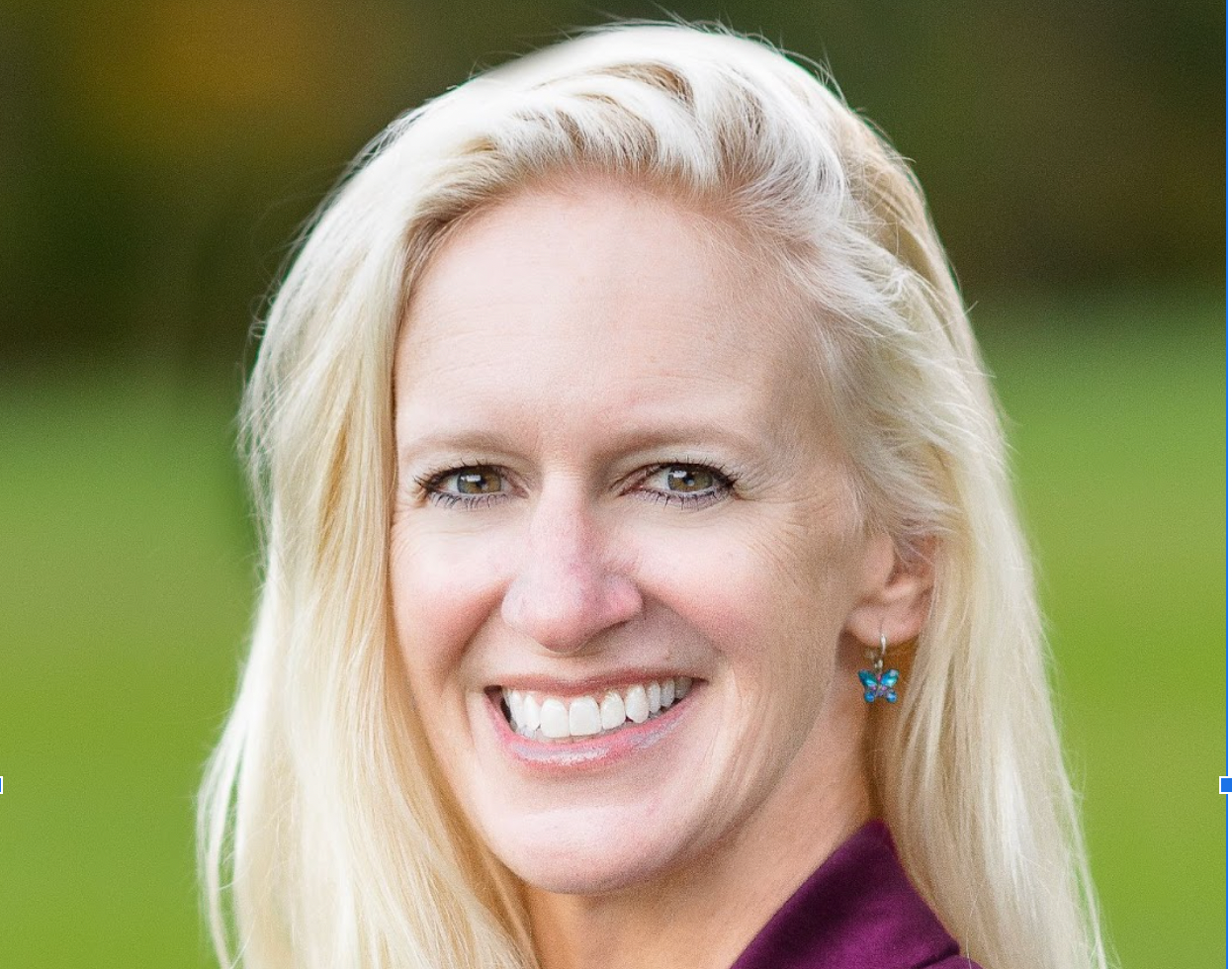We must take steps to protect our healthcare community | Adrienne Boissy
Caring for those who dedicate their lives to caring for others is paramount. We must do our part.
The deadly June 1 shooting at an Oklahoma hospital is one in a series of assaults on the healthcare community. Violence against caregivers results in crushing, and at times, unbearable trauma. Spaces that once felt sacred have been attacked and we are once again reeling from grief and outrage.
Adrienne Boissy

Many of us have given up on watching the news entirely for fear of what might happen next.
Alarmingly, workplace violence is several times more prevalent in healthcare than in other professions, and patients are also more frustrated. In April 2022, nine in 10 healthcare workers experienced, or were in close proximity to, workplace violence. This, coupled with a mental health crisis and multiple COVID-19 surges, is fueling a burnout crisis.
Months of intense stress, trauma and personal risk have taken their toll and has led to a remarkably high number of resignations among healthcare workers. Roughly one in five healthcare workers have quit since the pandemic began.
Recent Qualtrics research confirms just how much our caregivers are suffering and struggling. U.S. healthcare workers identified pandemic-related burnout as the top stressor at work, followed by a shortage of labor. Further, nearly one in three U.S. healthcare workers state they plans to leave their employer within the next year.
Overwhelmed and overworked, many don’t feel safe and don’t feel like their managers and leaders care about their well-being. In fact, just one half (55%) of nurses report that their manager cares about their well-being. This is surprising to me given that in all my years of rounding on units, the nursing staff - nearly universally - cites their manager and team as the glue that holds them together during challenging times.
Tragic events, like the Tulsa mass shooting and many more before it, are trauma layered upon trauma for healthcare communities that are inherently resilient by nature of the work they do and the training required to do it. Our caregivers can’t take much more – and they shouldn’t have to.
Caring for those who dedicate their lives to caring for others is paramount. We must do our part. We must listen through all platforms and in person to our physicians, nurses and others in the healthcare community, and support their well-being during this unprecedented time.
Collecting and analyzing regular community feedback can also help identify and address the issues. We can commit to listening with intent and acting on what we hear. Better understanding of these challenges and evidence based interventions will allow healthcare workers more time, energy and space to focus on what matters most – caring for themselves and each other so they can best care for the patient.
Grief has no time limit and does not respect any particular path…sometimes there really are no words that can capture the suffering and pain. Much of the past few years has been about grief: our collective loss of “normalcy,” of major events and celebrations, of time spent with family and friends, and of the social constructs that hold us all together.
In addition to grief, there is moral distress in caregivers today, defined originally as the knowledge of what is “right” to do, and being in a circumstance wherein one is unable to act on it.
In response, many healthcare leaders and others have demonstrated empathy by creating safe spaces for sharing and listening, acknowledging their own vulnerabilities and emotions of anger and heartbreak, expressing care and concern, and sharing stories that unite us all in heart and mind.
We’ve also seen healthcare organizations lead with compassion and provide 24/7 access to mental health services, require mental health check-ins in high stress environments, implement peer support programs, and integrate trauma informed care through community partnerships and support.
The Institute for Healthcare Improvement (IHI) has created a compelling set of healthcare workforce well-being practices and resources, and IHI senior fellow Stephen J. Swensen reinforces many of these concepts about caring for depleted colleagues. When we act with intention to care for each other, our patients, ourselves and our communities, healing becomes possible.
I’ve cried in my car after listening to the news more times than I care to count. I verbally ask how my colleagues are doing “today.” I often write notes to encourage leaders to keep going. I talk to my children about what’s happening so they know talking about our feelings is ok. I started writing letters to my representatives. That’s what I chose to do.
Each of us has the choice to use our voices and platforms to advocate for changes at all levels that protect our caregivers today, tomorrow and the next day. Their lives, and yours, depend upon it.
Dr. Adrienne Boissy is the chief medical officer at Qualtrics as well as a practicing neurologist at the Cleveland Clinic, where she was formerly the chief experience officer.
Telehealth faces a looming deadline in Washington | Healthy Bottom Line podcast
February 12th 2025Once again, the clock is ticking on waivers for telemedicine and hospital-at-home programs. Kyle Zebley of the American Telemedicine Association talks about the push on Congress and the White House.